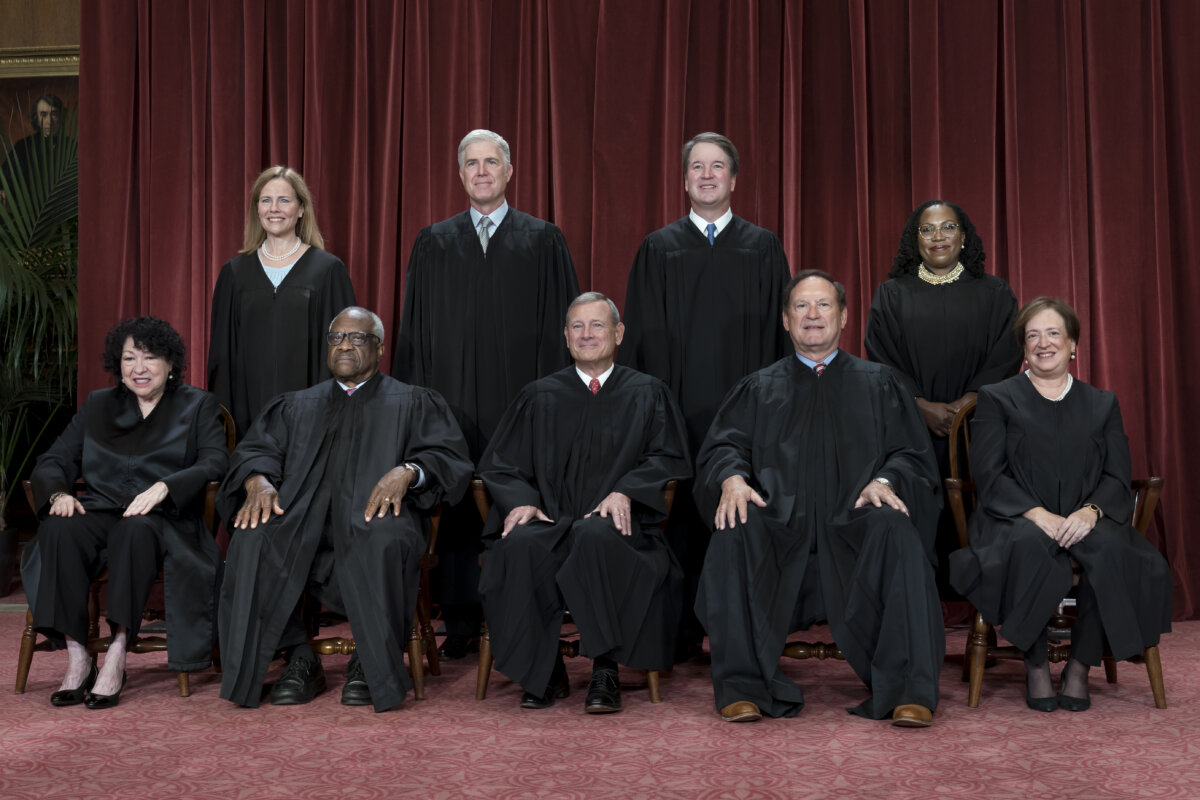On Sept. 27, the Rhode Island Board of Governors for Higher Education voted unanimously to allow undocumented immigrants to pay in-state tuition rates if they graduate from a R.I. high school.
Combined with a similar decision last year by the California Supreme Court, the R.I. policy has bolstered the spirits of immigrant advocates on college campuses as they anxiously await similar decisive moments in states like Colorado and Iowa.
“The [U.S.] Supreme Court has already ruled that you can’t hold children accountable for breaking immigration laws when it comes to education,” says Ryan Gildersleeve, director of the Center for K-16 Education Policy and Research at the University of Texas. “So to treat them as criminals instead of students because they reached this arbitrary age of 18 doesn’t make a lot of common sense for anybody.”
According to the Pew Hispanic Center, somewhere between 65,000 and 85,000 undocumented students graduate from U.S. high schools every year.
“When I traveled to Rhode Island, I tried to impress upon them that they had already invested in the schooling of these children,” says Dr. William Perez, who recently spoke at Brown University about his latest book, “Undocumented Latino College Students: Their Socioemotional and Academic Experiences.”
“It’s just not a good return on that investment to leave these kids in limbo.”
A nationwide conversation
Advocates for immigrant students are quick to point out research by Stella Flores and Michael Olivas in the Journal of Higher Education. Both have published studies showing that extending in-state tuition to undocumented students vastly increases their college participation, without a negative impact on local tax bases. “This is part of growing nationwide conversation,” says Gildersleeve. “It’s very clear that increasing educational opportunities in communities leads to lower rates of poverty in those communities, lower crime rates, stronger economies, public health and participation in democratic institutions.”

















